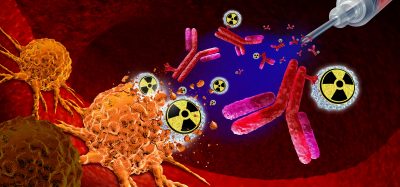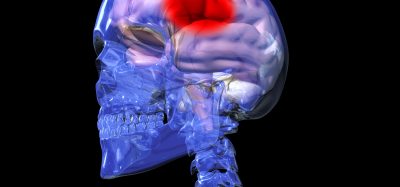Memory loss could be solved using an asthma drug
Posted: 10 January 2023 | Izzy Wood (Drug Target Review) | No comments yet
Dutch researchers, using optogenetic approaches and an asthma drug, discovered that memory loss from sleep deprivation can be retrieved.


The neuroscientist, Robbert Havekes, Associate Professor of Neuroscience of Memory and Sleep at the University of Groningen, the Netherlands, discovered that what you learn while being sleep deprived (memory loss) is not necessarily lost, it is just difficult to recall.
Together with his team, published in Current Biology, they found a way to make this ‘hidden knowledge’ accessible again days after studying whilst sleep-deprived using optogenetic approaches, and the human-approved asthma drug: roflumilast.
The researchers examined whether amnesia as a result of sleep deprivation was a direct result of information loss, or merely caused by difficulties retrieving information.
To address this question, the team used an optogenetic approach: using genetic techniques in mice, they caused a light-sensitive protein (channelrhodopsin) to be produced selectively in neurons that are activated during a learning experience. This made it possible to recall a specific experience by shining light on these cells.
First, genetically engineered mice were given a spatial learning task in which they had to learn the location of individual objects, a process that heavily relies on neurons in the hippocampus.
The mice then had to perform this same task days later, but this time with one object moved to a novel location. The mice that were deprived of sleep for a few hours before the first session failed to detect this spatial change, which suggests that they cannot recall the original object locations.
“However, when we reintroduced them to the task after reactivating the hippocampal neurons that initially stored this information with light, they did successfully remember the original locations”, added Havekes. “This shows that the information was stored in the hippocampus during sleep deprivation, but could not be retrieved without the stimulation.”
The molecular pathway set off during the reactivation is also targeted by the drug roflumilast, which is used by patients with asthma or chronic obstructive pulmonary disease (COPD).
“When we gave mice that were trained while being sleep deprived roflumilast just before the second test, they remembered, exactly as happened with the direct stimulation of the neurons.”
As roflumilast is already clinically approved for use in humans, and is known to enter the brain, these findings open up avenues to test whether it can be applied to restore access to ‘lost’ memories in humans.
“It might be possible to stimulate the memory accessibility in people with age-induced memory problems or early-stage Alzheimer’s disease with roflumilast”, concluded Havekes. “And maybe we could reactivate specific memories to make them permanently retrievable again, as we successfully did in mice.”
Related topics
Drug Development, Drug Leads, Drug Repurposing, Targets
Related conditions
Amnesia, Memory loss
Related organisations
University of Groningen
Related people
Robbert Havekes








